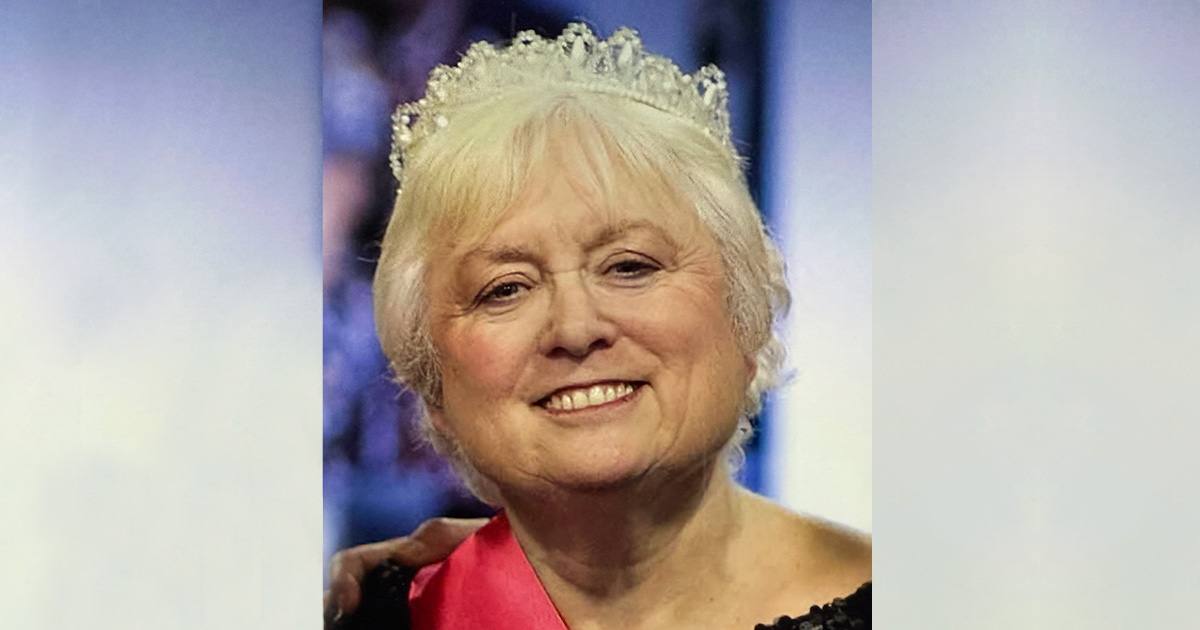Following the publication of the 2008 NICE technology appraisal of continuous subcutaneous insulin infusion (CSII) therapy, the authors undertook an audit of the insulin pump service provided in Derby to identify benefits to people with diabetes using pumps and to ensure compliance with the NICE recommendations. The document recommends the use of insulin pump therapy in people with diabetes who:
- Have an HbA1c level >8.5% (>69 mmol/mol) despite the use of multiple daily injections of insulin.
- Have undergone a structured education programme.
- Experience disabling hypoglycaemia when attempting to reach their target HbA1c levels.
The audit was carried out on those individuals with diabetes who were managing their condition with CSII therapy in December 2007.
Derby insulin pump service
The Derby insulin pump service was established in 1999. By the time of the audit, there were 44 individuals who had been referred to the service to receive CSII therapy.
Of these 44 individuals, 12 had been referred due to a persistently high HbA1c level and 13 due to disabling hypoglycaemia. The remaining 19 individuals had been referred for various reasons, including patient choice, dawn phenomenon and highly variable blood glucose levels.
Only 31 of the 44 individuals had received structured education prior to commencing insulin pump therapy – 20 had participated in the Dose Adjustment for Normal Eating (DAFNE) programme and 11 had participated in other programmes. Most of the 13 individuals who had not received any education had been using insulin pump therapy since before NICE guidance on CSII therapy had been published (NICE, 2003).
Results
The average HbA1c level of people attending the insulin pump therapy clinic before commencing the therapy was 9.0±0.27% (76±5.9 mmol/mol). When the audit was commenced, the average HbA1c level had fallen significantly to 8.2+0.27% (66±5.9 mmol/mol; P=0.02).
Follow-up
The results of the audit indicated that CSII therapy provided significant benefits to the people receiving it, despite only about three-quarters receiving any formal structured type 1 diabetes education prior to starting insulin pump therapy. To improve this, a specific insulin pump DAFNE course was held during 2008, and other pump users were put on regular DAFNE courses.
The authors are planning on running another course and further DAFNE follow-up groups to ensure that all individuals receiving insulin pump therapy have sufficient knowledge and understanding of their condition to optimise their glycaemic control. The authors also recognise the importance of personalised healthcare, and have started piloting care planning in the insulin pump clinic with the aim of developing personalised care plans for all people with diabetes by 2010, in line with Department of Health (2008) policy.





International Diabetes Federation officially recognises “type 5 diabetes”, decades after first being observed.
24 Apr 2025